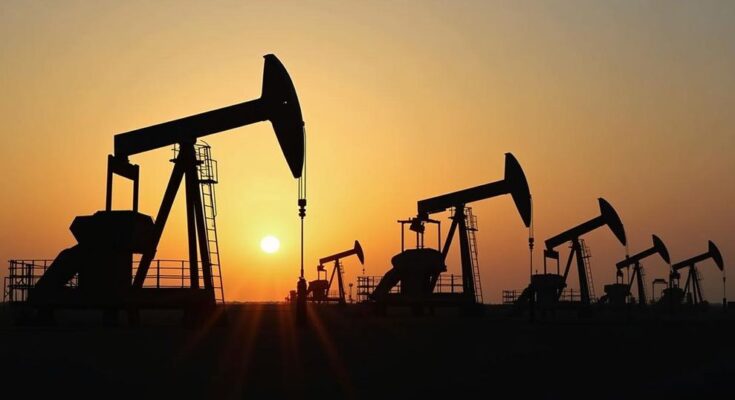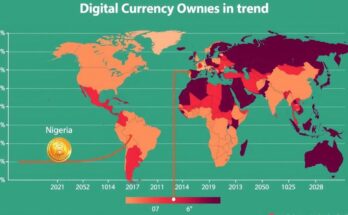Bolivia has officially ended its gas exports to Argentina as of September, following a decline in supply and compressed consumption levels in Argentina. The country is on track to enhance its own energy export capabilities while negotiations continue regarding future gas transport routes and tariffs. Bolivian gas is still supplied to Brazil, while Argentina explores reversing existing pipeline flows to manage energy demands in the region.
In September, Bolivia concluded its gas exports to Argentina, according to a confirmation from Yacimientos Petroliferos Fiscales Bolivianos (YPFB), Bolivia’s state-run gas company. The cessation of exports follows a period of declining supply, which had dwindled to 2 million cubic meters per day, a mere fraction of Argentina’s total consumption of 130 million cubic meters per day. Initially, the gas supply was scheduled to cease in July, having been extended after discussions between the two nations. Recent unusually warm weather in Argentina, coupled with lowered gas demand, enabled the Argentine government to halt these imports. Argentina has faced a negative energy trade balance for several years and is on the verge of completing infrastructure projects that will facilitate its own gas exports via pipeline and through liquefied natural gas (LNG) to neighboring countries and to global markets. Nevertheless, while Bolivia’s gas supply to Argentina has terminated, Bolivia continues to export gas to Brazil. Efforts are under discussion among energy firms from Argentina and Brazil to reverse existing pipeline flows to enable gas exportation from Argentina’s Vaca Muerta shale formation, aiming to mitigate regional gas supply shortages. However, negotiations have encountered challenges, particularly regarding tariff rates for transporting Bolivian gas to Brazil, with discussions reportedly progressing at a sluggish pace. As alternative routing options through Uruguay and Paraguay are evaluated, experts assert that reversing pipeline flow from Bolivia remains the most expedient method to secure gas supply for Argentina’s neighboring countries.
The cessation of Bolivian gas exports to Argentina represents a significant shift in the energy landscape of South America. Bolivia, once a key player as a gas supplier in the region, has seen its exports dwindle over the years. Argentina, on the other hand, is moving towards greater energy independence and export capacity, highlighted by its current projects focused on expanding gas transportation capabilities and LNG shipments. The gas regulator in Argentina previously recorded no imports from Bolivia after the 18th of September, marking the close of a nearly 20-year gas export relationship. This shift occurs within the context of fluctuating energy demands and the region’s ongoing energy negotiations, particularly affecting Brazil’s exposure to volatile LNG market conditions.
In conclusion, Bolivia’s cessation of gas exports to Argentina marks the end of a significant energy supply relationship. Argentina’s enhanced capabilities to export gas and the ongoing negotiations regarding energy transportation reflect a dynamic shift in the regional energy sector. While Bolivia continues to supply Brazil, future discussions about reversing pipeline flows and addressing tariff issues will be crucial for mitigating energy shortages and stabilizing the gas market in South America.
Original Source: www.worldpipelines.com




